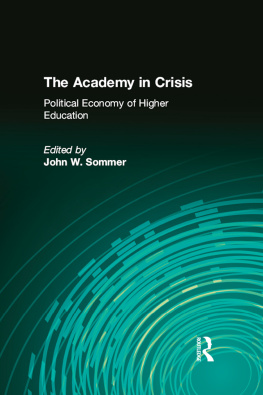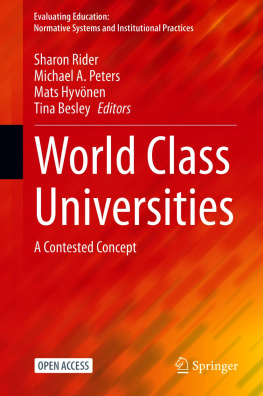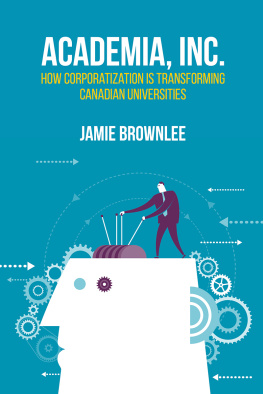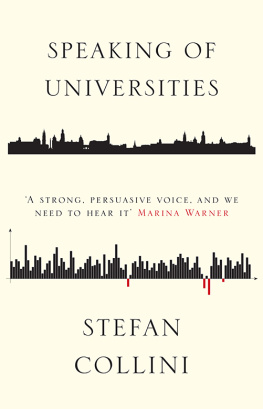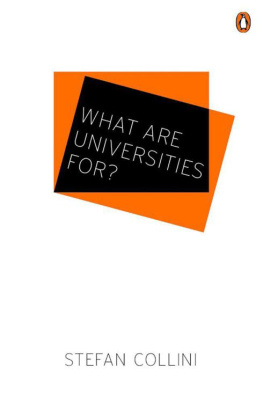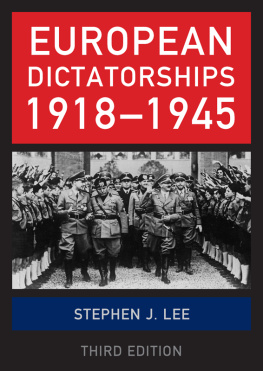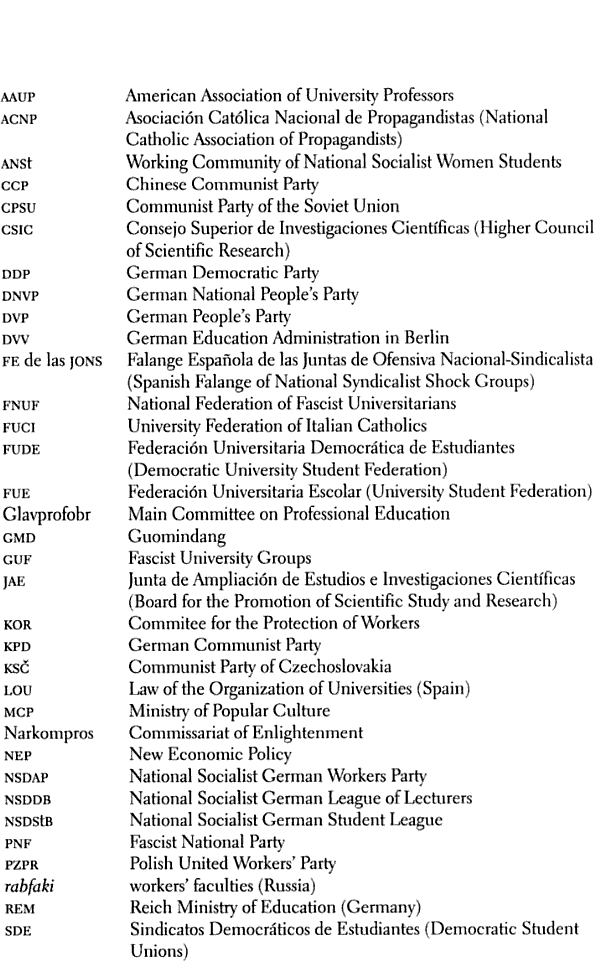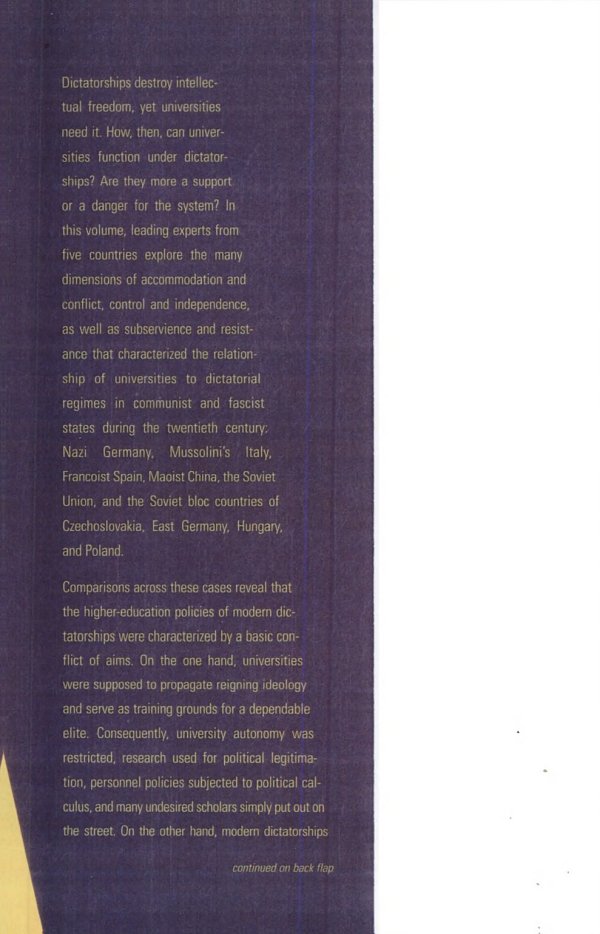

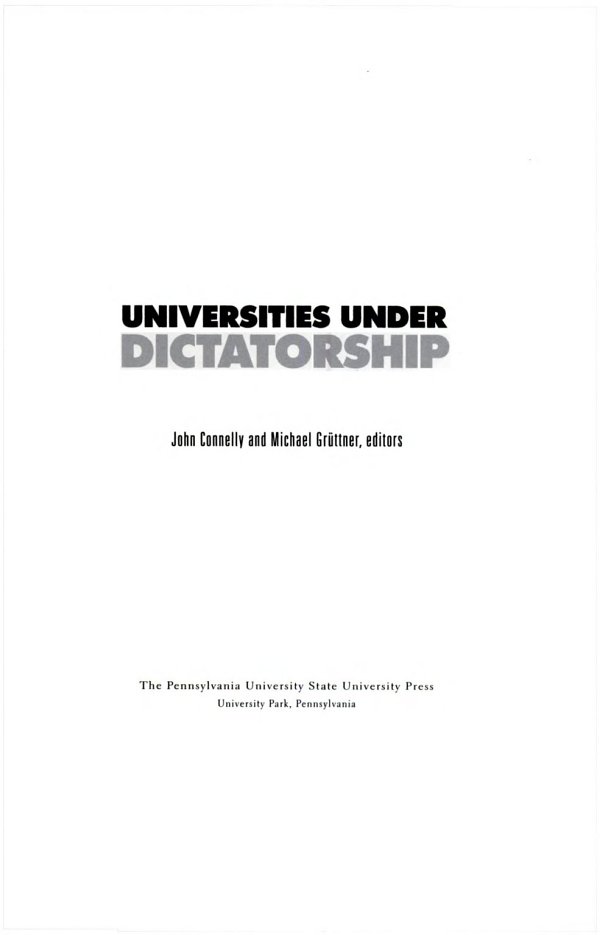
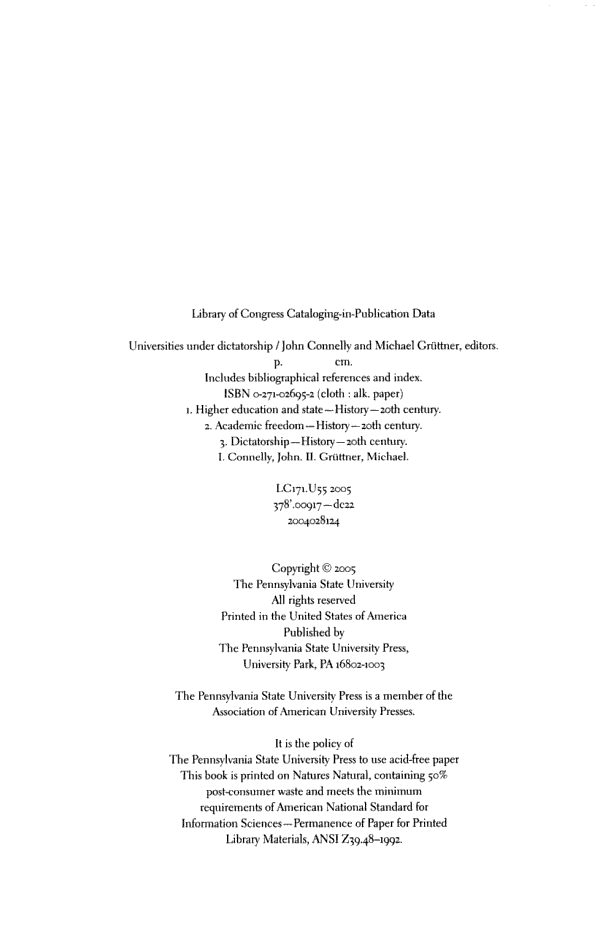
PREFACE
The following collection of essays had its origin in an international conference that took place at the University of California, Berkeley on 13-14 May 2000. The contributions that grew out of this meeting can be read in varying ways. Those interested primarily in the history of the universities of a particular country will find case studies of nine different dictatorships, all of which appear for the first time. They are written by the leading experts in their respective fields. We had wanted to add a contribution devoted to the Japanese case, but were unsuccessful in finding an author.
We hope, however, to have collected more than just a group of single-country studies. The decision to organize this conference was based on our belief in the value of a comparative study that would dissect similar structures and behaviors across national boundaries and permit deeper understanding of the peculiarities of specific cultures and their institutions. This volume is thus also a contribution to the comparative analysis of the dictatorships that have shaped the face of the twentieth century. In order to enhance the comparability of the separate cases, authors were asked to address common questions, which are discussed in detail in the introduction and conclusion.
For generous support we thank the Institute for European Studies; the Institute for Slavic, East European, and Eurasian Studies; and the Center for Studies in Higher Education, all at the University of California at Berkeley; as well as the German Academic Exchange Service (daad) in New York. Michael Griittner would also like to thank the Deutsche Forschungsgemeinschaft for their generous support of his research. Many persons have contributed to the completion of this project, but we would like to thank especially Britta Baron, Gerald D. Feldman, Anne J. Maclachan, Andrej Milivojevic, and Barbara Motyka.
Our meeting in 2000 was enriched by the participation of Jan Havranek and Reggie Zelnik, professors of history in Prague and Berkeley, who did not live to see this final outcome. In the 1960s both men took active roles in defending universities from threats to academic freedom: Jan in the Prague Spring, Reggie in the Free Speech Movement. Both risked their careers. In 1969 Jan was denied professorship. That same year the Regents of the University of California attempted to overturn the decision of the University of California at Berkeley and deny Reggie tenure. Because of the vigorous protest of the Berkeley chancellor they failed. The outer circumstances of their struggles differed, but both men were joined by uncompromising devotion to free inquiry. This book is dedicated to them.
John Connelly
Michael Gruttner
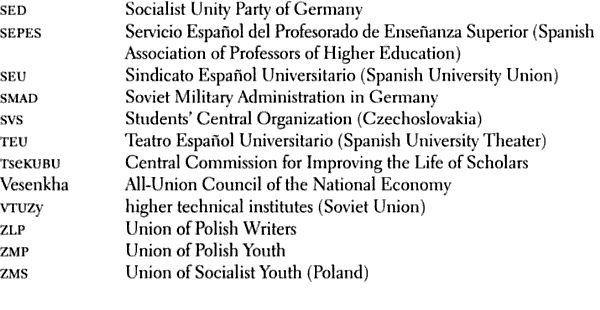
Introduction
JOHN CONNELLY
In the twentieth century both "dictatorship" and "university" acquired dimensions that had previously been unthinkable. In the turmoil following World War I, dictatorships emerged that marshaled resources, mass movements, and ideologies that had antecedents but no precedents. Because of the theoretically unlimited resolve of these new regimes to establish controls over societal life, some of them were described as totalitarian.1 At the same time, the functions of universities expanded far beyond the "idea" of the university known in John Henry Newman's time.2 Whether state-run or private, universities were called upon to serve "public" interests, and therefore shifted from elite to mass institutions, with heavy emphases on teaching. In the United States, where these trends have gone furthest, fourteen hundred institutions of higher education are devoted entirely to teaching students majoring in everything from classics (ever fewer) to business administration (ever more). Though room remains for disinterested research, it is dwarfed by capacities serving the military industrial complex, and many bemoan the gradual severing of teaching from researchan ideal of the "Humboldtian" university.3
1. On the rise of such states, see Abbott Gleason, Totalitarianism: The Inner History of the Cold War (New York: Oxford University Press, 1995), and Mark Mazower, Dark Continent: Europe's Twentieth Century (New York: Vintage Books, 2000).
2. On the expansion of the university, see the essays in Sheldon Rothblatt and Bjorn Wittrock, eds., The European and American University Since 1800: Historical and Sociological Essays (Cambridge: Cambridge University Press, 1993); Clark Kerr, The Great Transformation in Higher Education (Albany: State University of New York Press, 1991); and Steven Muller, ed., Universities in the Twenty-First Century (Providence. R.I.: Berghahn, 1996).
What seems to make the juxtaposition of dictatorship and university interesting is academic freedom: dictatorships destroy it, universities need it. This is a proposition that most students of politics would readily accept.4 Students of higher education quickly recognize a problem, however: academic freedom has no generally accepted meaning. Is it freedom of the academy from outside interference for example, from the stateor freedom of the individual academic from outside interference for example, from the academy itself? Does it protect freedom of inquiry on all subjects, or only on the specialty of the scholar? Does it embrace the entire university community, or only professors? And what happens when one goes beyond the Anglo-Saxon world? Within their own contexts, French tend to say "liberte des enseignements" or "liberte de recherche"5 and Germans "Freiheit der Wissenschaft" when they mean something like "academic freedom." But universities are not the sole preserves of instruction, research, or science. Teaching takes place at a range of institutions with little to no interest in free inquiry, and there are scientists and scientific research at workplaces carefully controlled by the state such as defense laboratories.6 Taken singularly, teaching and science do not touch the university mission that academic freedom supposedly safeguards. They do not involve the "idea" of the university.
But the issue of linguistic equivalency may be deceptive. Regardless of whether the German language has a precise counterpart for "academic freedom" (which is translated as "akademische Freiheit"),7 it is to German culture that America owes its idea and practice of academic freedom. The 1915 founding statements of the American Association of University Professors (aaup) on academic freedom cite the German notion of Lehrfreiheit (freedom of teaching), whose value was recognized by the thousands of Americans who had studied in Germany in the late nineteenth century.8 But this idea took new form on American soil. The freedom of professors to pursue scholarship and teaching without external interventions was recognized in both Germany and the United States; yet in the United States scholars also asserted rights to extramural utterance, and it was here that the major contests with "society" in the form of university trustees occurred. In Germany, university teachers did not claim this right.9 But unlike their American counterparts, German universities also explicitly recognized the sovereign independence of students, something called Lemfreiheit (freedom of learning). American universities, with their frequent examinations and rigid degree requirements, have long impressed observers from Central Europe as being more like secondary schools (verschult).


